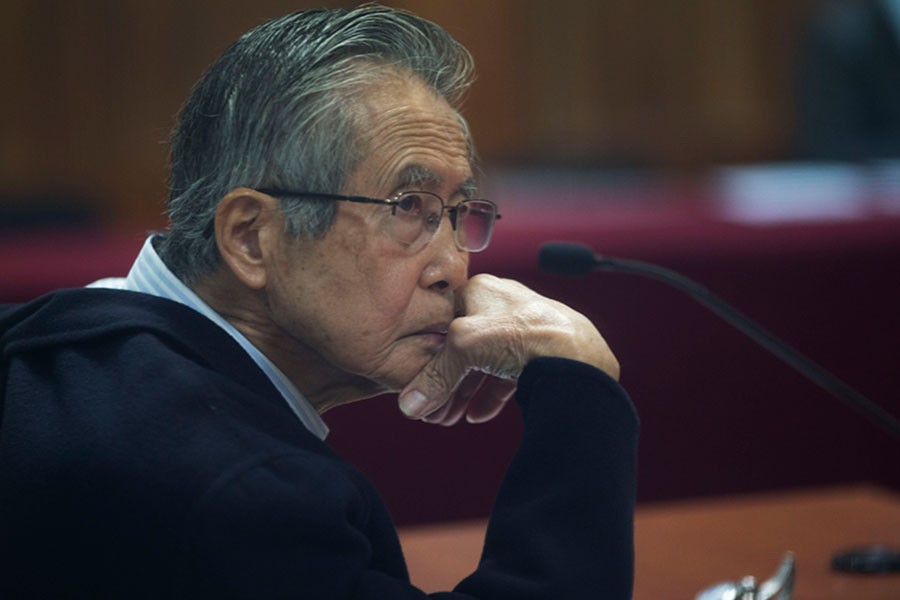Peruvian President Pedro Pablo Kuczynski pardoned former authoritarian leader Alberto Fujimori late on Sunday, triggering Christmas Eve street clashes as protesters denounced the decision as part of a crude political deal.
The decision clears Fujimori of convictions for human rights crimes and graft when his right-wing government was in power from 1990 to 2000, and could define Kuczynski’s legacy and rewrite political alliances.
At least two ministers in Kuczynski’s cabinet who objected to the pardon told him they wanted to resign, and Kuczynski might reshuffle the cabinet as early as this week, Reuters reported citing a government source.
Two ruling party lawmakers quit his party as his political group planned next steps.
Kuczynski, a former Wall Street banker who vowed as a candidate not to pardon Fujimori, based his decision on a medical review that found Fujimori suffered from “a progressive, degenerative and incurable disease”, according to a statement from the president’s office.
Late on Sunday, Fujimori was taken to hospital from prison by ambulance to treat a drop in blood pressure and abnormal heart beat.
But many in Peru saw the pardon as part of a quid pro quo. Three days earlier, Fujimori’s loyalists - led by his lawmaker son Kenji - unexpectedly saved Kuczynski from a vote in Congress that nearly removed him from office.
In a video Kenji shared on social media, a gray-haired Fujimori, connected to tubes in hospital, was seen smiling after reading Kuczynski’s announcement of the pardon on a cellphone with Kenji.
“To save his own skin he cut a deal with Fujimori’s supporters to infamously pardon a corrupt killer,” said Veronika Mendoza, a leftist leader who competed against Kuczynski in last year’s presidential election.
Kuczynski’s center-right government has repeatedly denied that a pardon for Fujimori was part of political negotiations.


